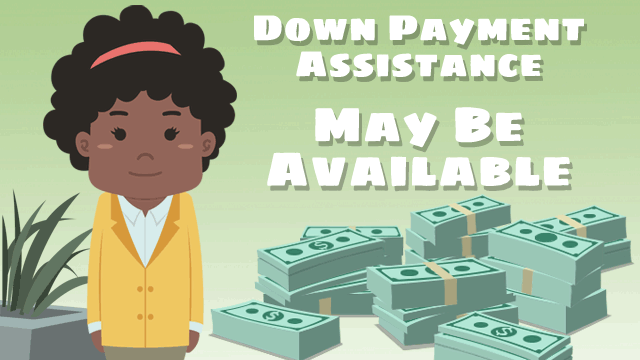When Deciding To Rent Or Own Your Own Home
November 21, 2024
While renting offers relocation flexibility and lower upfront costs, homeownership provides a wealth of financial and personal benefits.
Depending on circumstances, owning can be financially better over the long run than renting. What should renters know about owning their own home instead of renting?
- Potential Equity Growth: Every mortgage payment means more potential equity in your home. The longer you pay your mortgage, the more equity you build.
- Tax Advantages: Depending on current tax law, homeowners can often deduct mortgage interest and property taxes. Check with a tax professional to learn more.
- Inflation Hedge: Real estate is generally considered a good hedge against inflation.
- Ability to Refinance: Some will refinance for a lower interest rate, others may refinance to cash out their home equity. The choice is yours.
Personalization and Freedom: One of the greatest joys of homeownership is the ability to personalize your space. Want to paint the walls a vibrant color? Knock down a wall to create an open-concept living area? When you rent, these options are less open to you.
Stability and Roots: Owning a home provides stability and permanence. You're not subject to lease renewals or rent increases, and you can truly settle into your local community.
Privacy and Space: Enjoy the peace of your backyard, create a home office tailored to your needs, or relish the freedom to spread out without sharing walls with neighbors.
How To Decide?
The choice between renting and owning is a personal one. Factors like your financial situation, lifestyle, and financial goals are important to remember when making decisions about renting. Essential questions about renting versus owning include, “How long do I plan to stay?” and “Am I truly ready for the responsibilities of owning a home?”
Renting may offer some a more flexible lifestyle, but homeownership means adding potential financial and personal benefits to your financial position.

FHA Loan Articles
February 17, 2025The federal government backs FHA home loans, which allows participating FHA lenders to offer lower down payment options and more lenient credit requirements. How much do you really know about your FHA home loan options and how they compare to other mortgage choices?
February 13, 2025For many college graduates, student loan debt is a concern. A common question is how this debt impacts the ability to buy a home. This Q&A explores the relationship between student loans and FHA loan approvals. How much do you know about how your student loan debt affects your ability to be approved for a mortgage?
February 12, 2025Choosing between FHA and conventional home loans can be daunting for some first-time home buyers. What are the concerns between these two programs, and what does each one offer the borrower? We examine some of the key issues in our question-and-answer session about FHA mortgages versus conventional loans.
February 11, 2025Established in 1934 as part of the National Housing Act, the FHA's primary mission is to stimulate the housing market by providing mortgage insurance to lenders. This insurance reduces the risk associated with lending to borrowers who may otherwise be considered higher risk, encouraging lenders to offer more favorable terms, such as lower down payments and more flexible credit requirements. A key element of the FHA program is its commitment to fair housing, which is deeply rooted in the Fair Housing Act.
February 10, 2025How much do you really know about the home buying process? One major factor in protecting your new investment is knowing how the title search process works and why you need to have one done. This quiz will assess your comprehension of what a title search entails, why it's so important when using an FHA loan, and how it protects you as a buyer. From identifying potential liens to guaranteeing clear ownership, a title search plays a critical role.







